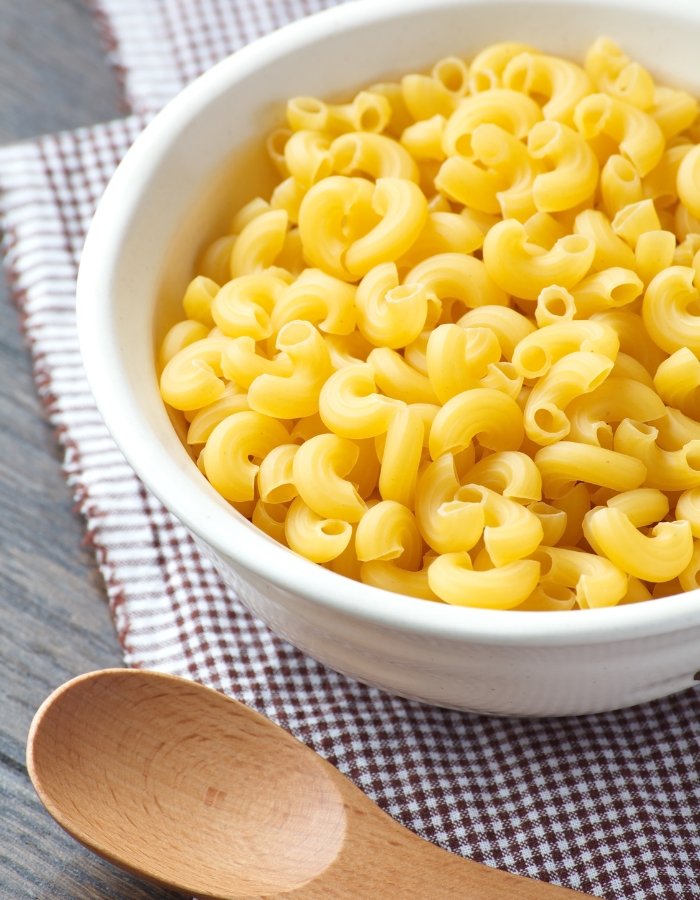A few days back, I saw an article on a leading online publication stating that ghee is banned in the US as the FDA found ghee may cause diseases such as blood pressure, heart attack and obesity. Yet, Mc Donald’s thrive in the US with over 13000 outlets!!!
A quick search on amazon.com and you find over 127 options of ghee sold, including Amul. So, of course, ghee is not banned in the US. This is just yet another misinformed article which is copy-pasted by numerous online publications.
So, is there any base to these ridiculous allegations? Well, just partly. By accessing a cached page in the FDA website, we were able to find a related news. It stated that in 2012, FDA analyzed shipments of ghee and butter from two different manufacturers in India and found that they has a substitute fat source which was not derived from cow’s milk. This obviously means it was adulterated ghee. Under this red alert, ghee from Amul ( which was the offending exporter) could be detained without physical examination. But, they could be released and sold with third-party laboratory analysis certifying its purity. So, ghee obviously is not banned.
Blog Posts on Common Indian Food Banned Abroad
A quick google search and you realize it is not just ghee that was defamed by Indian publications. Samosa, Chawanaprash, ketchup, kebab and poppy seeds are the other offenders.
Well, there is partial truth to these articles, as poppy seed is banned in the UAE because they contain minute amount of opium alkaloids morphine and codeine. It is also true that Samosa is banned in Somalia. According to most publications, the reason for the ban is the triangular shape which seemed to be a symbol of Christianity. But a news in BBC states the reason is many traders were filling samosa with mince of cat meat and rotten meat from cattle.
Let us take a look at other seeming offenders.
Chyawanprash

According to several leading publications, Chyawanprash is banned in Canada due to high levels of lead and mercury. But, again, chyawanprash is found on Amazon Canada, which means it is not banned.
A 2005 notification from Government of Canada warns consumers not to consume several Ayurvedic products due to high levels of heavy metals like lead, mercury and arsenic. The list contains Karela, Safi, Shilajit, Sudarshan capsules, Maha Sudarshan Churna etc. But doesn’t list any chawanaprash. However, a report in 2018 states that Dabur brand chyawanprash herbal drink mix was disposed as it did not meet Canadian requirements.
Ketchup

According to many news outlets, ketchup is seemingly banned in France due to excess consumption by teenagers. But, that again is not true.
According to a Government notification, sauces like mayonnaise, vinaigrette and ketchup shouldn’t be freely available in school cafeteria and should be served according to dishes. But, this doesn’t extend beyond school cafeterias. In fact, Ketchup is found in most groceries and supermarket, including Amazon France. According to Statista, Heinz is the leading ketchup brand in 2021 with 12,116,000 consumers.
Kebab

Many news outlets claim Venice banned kebab shops in 2017 to ‘preserve decorum and traditions of the city’. However, the Guardian reports that the local authorities banned new kebab shops and other fast-food outlets from opening. Existing ones are still in operation and evident from a Google search.
Macaroni & Cheese

A few online publications say Mac and Cheese is banned in Norway and Austria. They say, it is because of colour number 6, yellow and remark, “yellow food items are not considered suitable for children in Norway and Austria.” But, according to Business insider, Yellow 5 and 6 are known to cause cancer, skin rash and migraines. And it is these colours that are banned in Norway and Austria. If you are in Norway and want Mac and Cheese, just head out to nearest Spar!
In conclusion, it is evident that many of the claims surrounding the alleged bans on certain foods abroad are largely exaggerated or outright false. While there may be some specific restrictions or concerns related to certain ingredients or manufacturing practices, the notion of a widespread ban on these foods is largely unfounded.
The case of ghee serves as a prime example, where a misinformed article sparked confusion about its alleged ban in the US. However, a closer examination revealed that there were certain issues related to specific manufacturers and their adulterated products, rather than a blanket ban on ghee itself.
Similarly, claims about bans on samosas, chyawanprash, ketchup, kebabs, and macaroni and cheese in various countries also lack substantial evidence. While there may be certain restrictions or regulations in specific contexts, these foods are generally available and consumed without any significant prohibitions.
